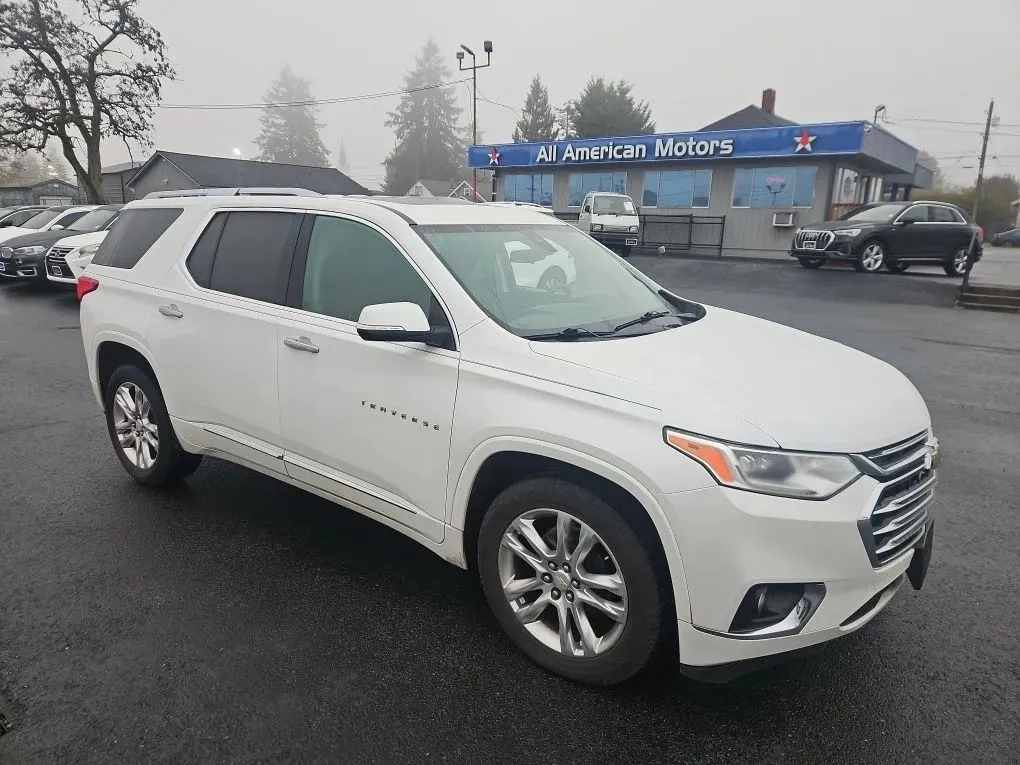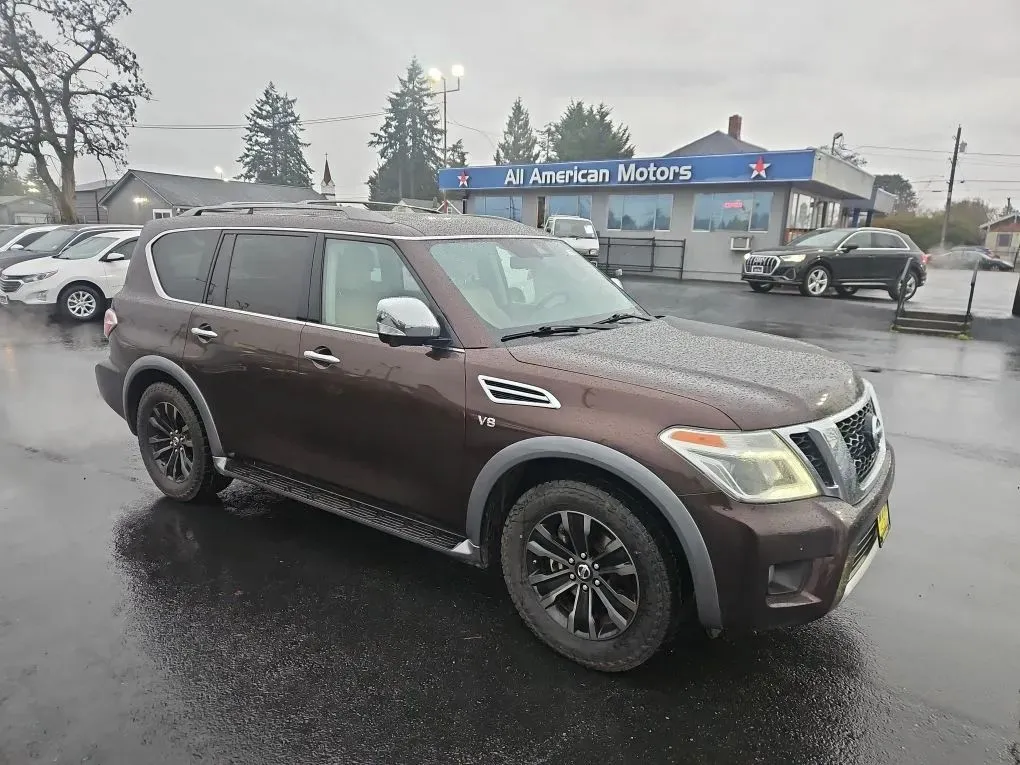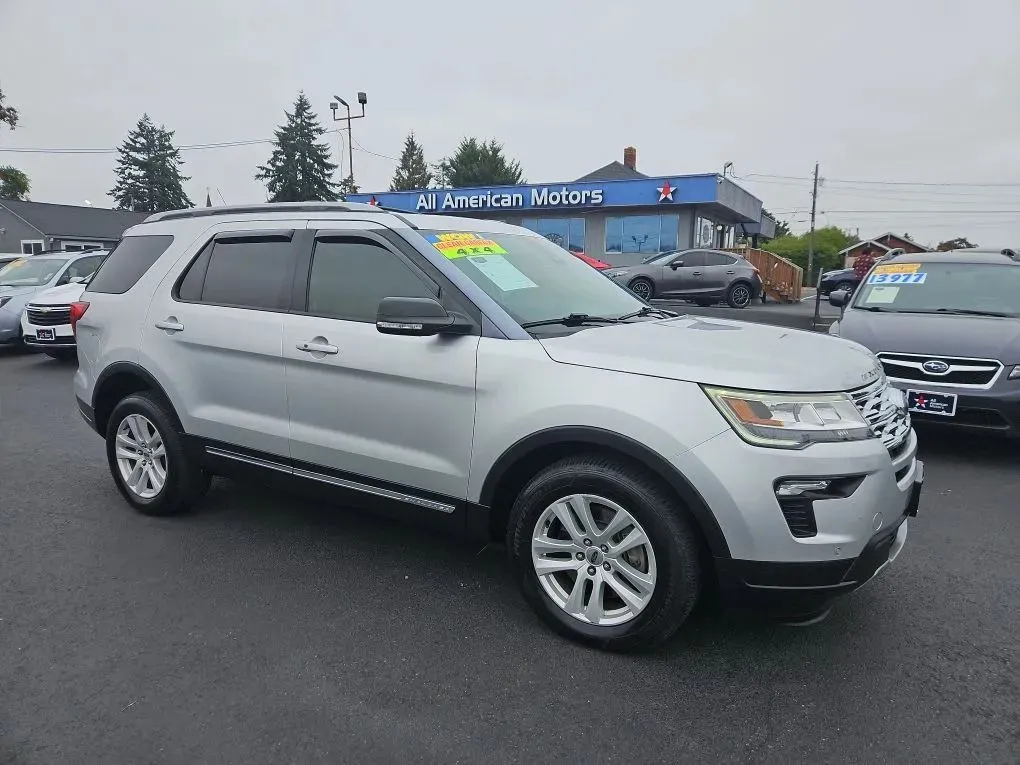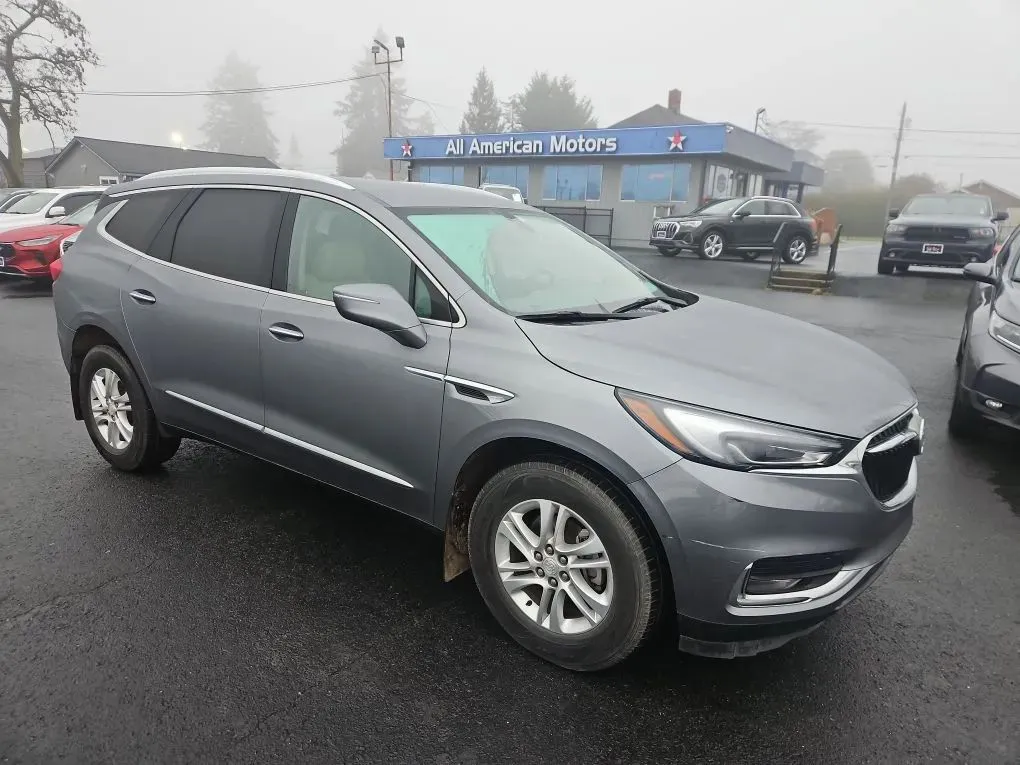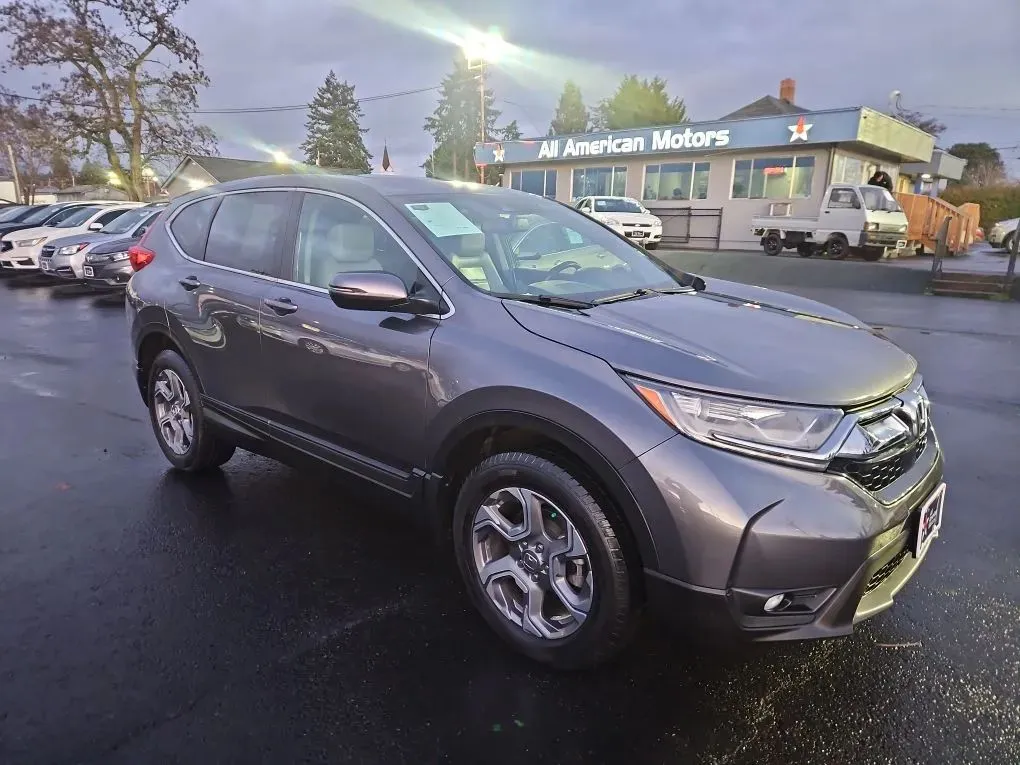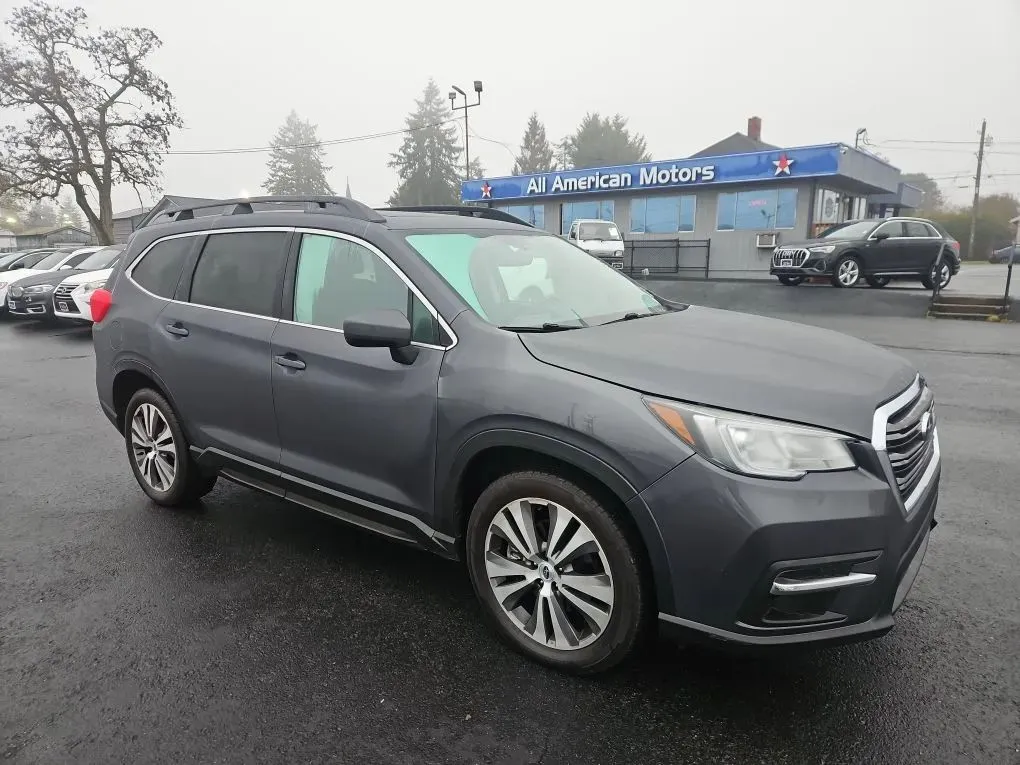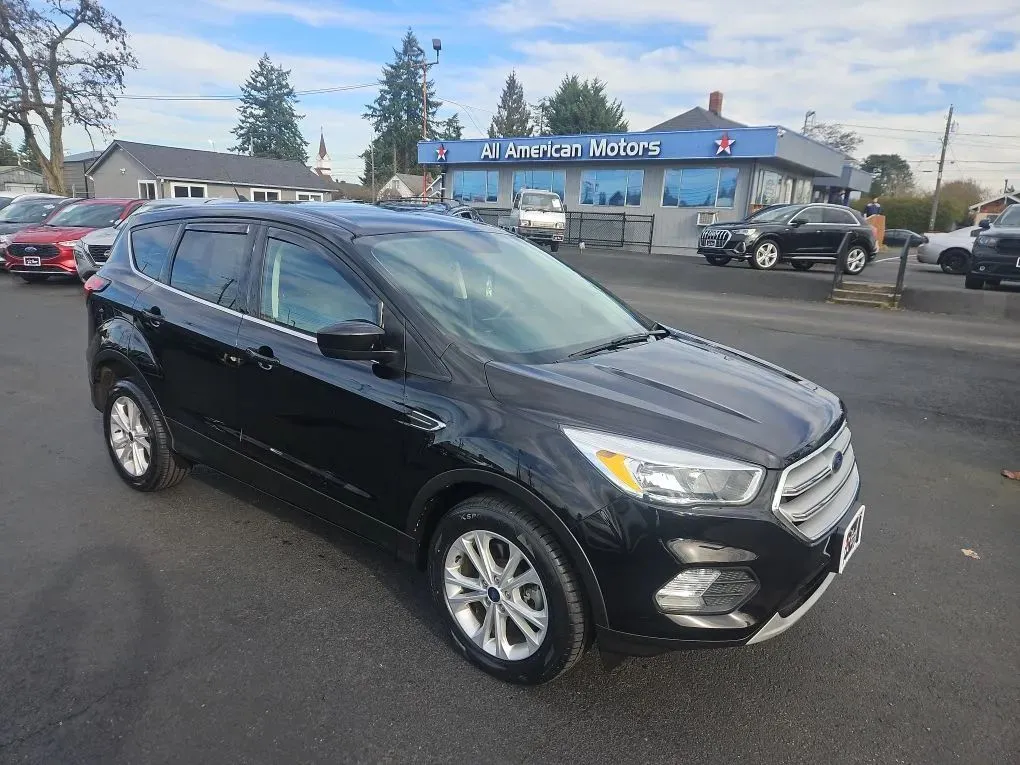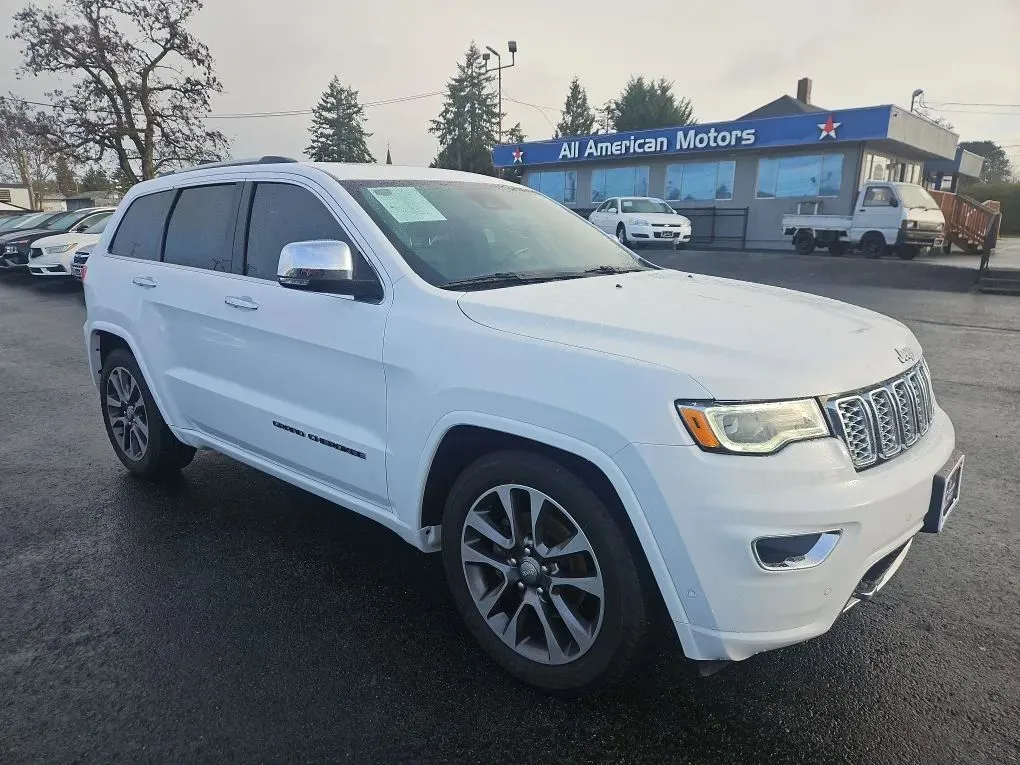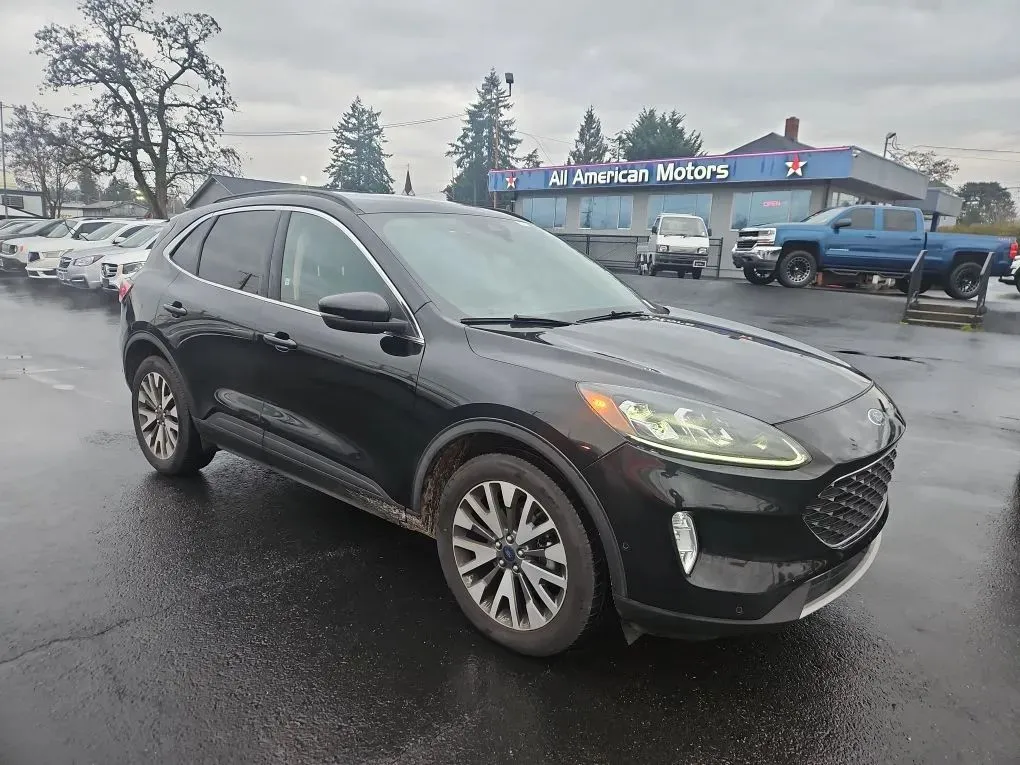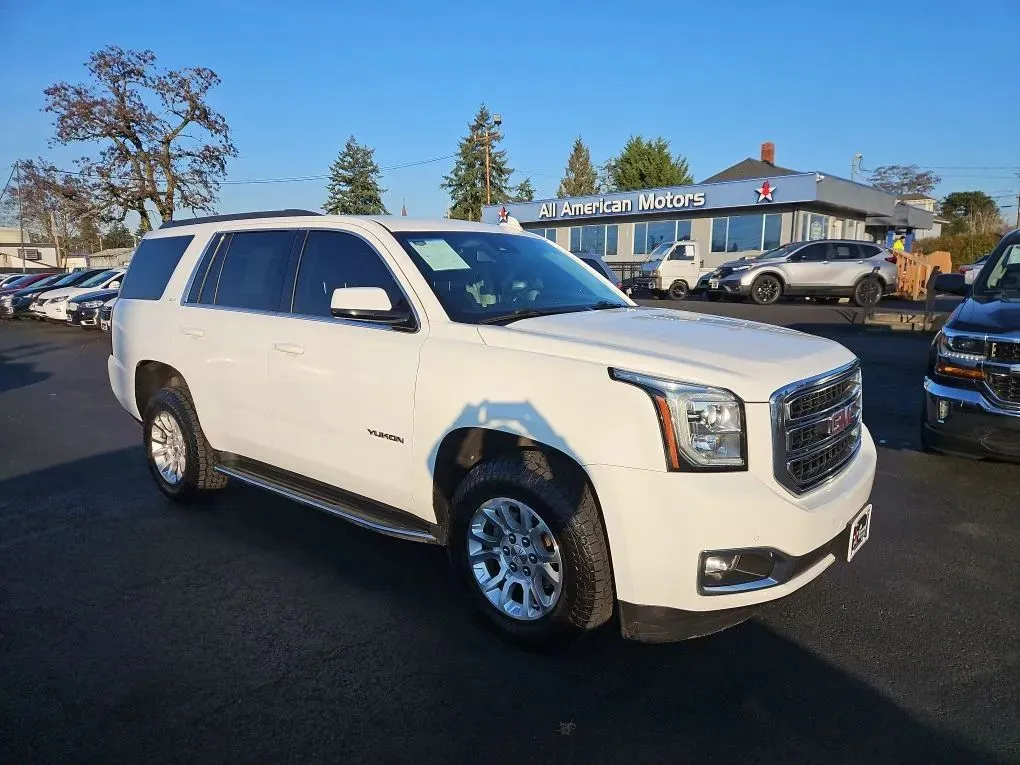Signs Of Wheel Bearing Issues In Used Cars
Used cars can be a smart way to save money and still get a dependable ride, but staying on top of regular upkeep is what really keeps things running smoothly. Over time, parts wear down and issues can sneak in, especially on vehicles that have already logged thousands of miles. One commonly overlooked problem area is the wheel bearings. They're small, but they play a huge role in how your car drives and feels on the road.
When wheel bearing issues start popping up, they can mess with everything from how the car handles, to how the tires wear, to whether your ride even feels safe. The earlier you spot the signs, the easier and cheaper it usually is to fix. Ignoring wheel bearing problems can turn minor issues into costly repairs or even safety hazards. That’s why it helps to know what to look for and how to respond when things don’t feel quite right behind the wheel.
What Are Wheel Bearings?
Wheel bearings aren't exactly flashy auto parts, but they’re important. Tucked inside the wheel hub, these small metal balls or rollers help your wheels rotate smoothly. They reduce friction between the wheel and the axle, helping your vehicle roll along with as little resistance as possible. Without working bearings, your car wouldn’t move properly or safely.
There are a few types you might hear about:
- Ball bearings: The most common for passenger vehicles. These are compact, simple, and reliable for most driving needs.
- Roller bearings: Found more often in larger vehicles or trucks, since they hold up better under heavy loads.
- Tapered roller bearings: Designed to handle both vertical and horizontal loads, making them a sturdy choice for many used trucks or SUVs.
When they’re in good shape, you won’t think twice about them. But when they go bad, the signs can start showing quickly. They don’t usually fail all at once, but wear down over time. Road salt, rough roads, moisture, and high mileage all speed that process up. That’s why it’s helpful to know what you’re dealing with and stay alert for weird changes in how your car behaves.
Common Signs Of Wheel Bearing Issues
likely feel or hear something’s not right. Here are the top red flags that might signal it's time for a closer look:
1. Unusual Noises
If you hear a humming, grinding, growling, or weird whirring sound coming from your wheels while driving, especially at higher speeds or when turning, this could mean your wheel bearings are worn down or damaged. These sounds usually get louder the faster you go or when you take a corner.
2. Steering Wheel Vibrations
If your steering wheel starts shaking while driving, especially around curves or high speeds, faulty wheel bearings could be the problem. It might feel like your tires are out of balance, but if balancing doesn’t help, it’s time to look deeper.
3. Uneven Tire Wear
Wheel bearings can affect how the tires meet the road. If one wheel isn’t spinning smoothly, the tire on that side experiences more wear than the others. Uneven tire wear might hint at several maintenance issues, but failing bearings are a common culprit.
4. Pulling To One Side
If the car keeps veering left or right even when you’re steering straight, something weird is going on with the wheels. While alignment issues are one reason this can happen, bad bearings can play a role too. Don’t guess. Have it checked.
5. ABS Warning Light
Modern vehicles use sensors near the wheel bearings for systems like ABS. If there’s trouble in that area, it might trigger your ABS light on the dash. If the light pops on and you’ve also noticed other issues mentioned above, there’s a good chance your wheel bearings are involved.
It’s easy to ignore small sounds or subtle changes in how your car drives, but wheel bearing failure isn’t something you want sneaking up on you. One Tacoma driver noticed her SUV made a humming noise that got worse over a few weeks. She assumed it was tire wear from an older set but later found out it was a worn bearing just about to seize up. Catching it late meant a bigger bill than if it had been checked sooner.
These warning signs don’t always happen all at once, but when just one of them shows up, it’s worth getting your vehicle looked at before it turns into a bigger problem.
Causes Of Wheel Bearing Failures
Understanding what leads to wheel bearing troubles helps to prevent them. A few factors commonly contribute to their failure, starting with poor road conditions. Potholes and uneven surfaces found in and around Tacoma place a lot of stress on a car's wheels, including the bearings. When repeatedly subjected to bumpy rides, these tiny parts can wear out faster.
Lack of maintenance is another factor. Bearings need proper lubrication to function smoothly. Without enough grease, friction increases, causing heat and premature wear. Over time, old or improperly applied grease can mix with contaminants and lose its effectiveness, leading to potential issues.
Excess wear and tear arises from constant use. Mileage racks up, and any vehicle part, regardless of quality, gets tired after extended use. Excessive mileage can mean excessive wear. The life of a wheel bearing shortens due to this repeated stress and constant spinning.
Exposure to water and road salts is also risky. Cars in areas with wet or salty conditions might face this more often. Water and road salts can seep into the bearings and cause rust or reduce lubrication efficiency, leaving them vulnerable to failure. A car that’s used in all kinds of weather or frequently driven through puddles and mud is more susceptible to these risks.
Steps To Take If You Suspect Wheel Bearing Issues
Spotting the early signs of wheel bearing trouble saves you a lot of headaches later. Here’s what you can do if you think your car might have an issue with its wheel bearings:
1. Perform a Basic Check
Park your car on a level surface and ensure everything is stable. Lift each wheel one by one and try spinning it by hand. Listen closely for any grinding sounds or friction that doesn't seem right. If it doesn't spin freely or you're hearing odd noises, that's a warning sign.
2. Look for Wheel Wobble
Once the car is raised, give the wheel a good shake by grasping it at the top and bottom. If there's movement or you feel a wobble, this might indicate loose or failing bearings.
3. Seek Professional Help
While these checks can give you preliminary insights, it's important to get professional help for a thorough inspection. Mechanics have the tools and knowledge to properly diagnose the issue.
Ignoring wheel bearing trouble isn't wise. It could lead to wheel failure or other safety concerns like loss of vehicle control. The costs for these could be far greater than the simple fix needed early on.
Keeping Your Drives Around Tacoma Shake-Free
Driving through Tacoma means your used car needs to be in reliable shape to handle roads that aren’t always perfect. Staying alert to maintenance issues like wheel bearing wear helps prevent bigger headaches down the road.
Routine vehicle checks, paying attention to how your car feels when driving, and quick action when something seems off all contribute to a smoother, safer ride. Your used car can stay dependable for years to come if you listen closely to what it's telling you. Simple awareness can make a big difference when it comes to avoiding costlier problems later.
If you're noticing anything unusual with how your vehicle handles or sounds, it's worth making sure your used cars are getting the attention they need. At All American Motors, we’re here to help you stay ahead of the problem so you can keep driving with peace of mind wherever the road takes you.

